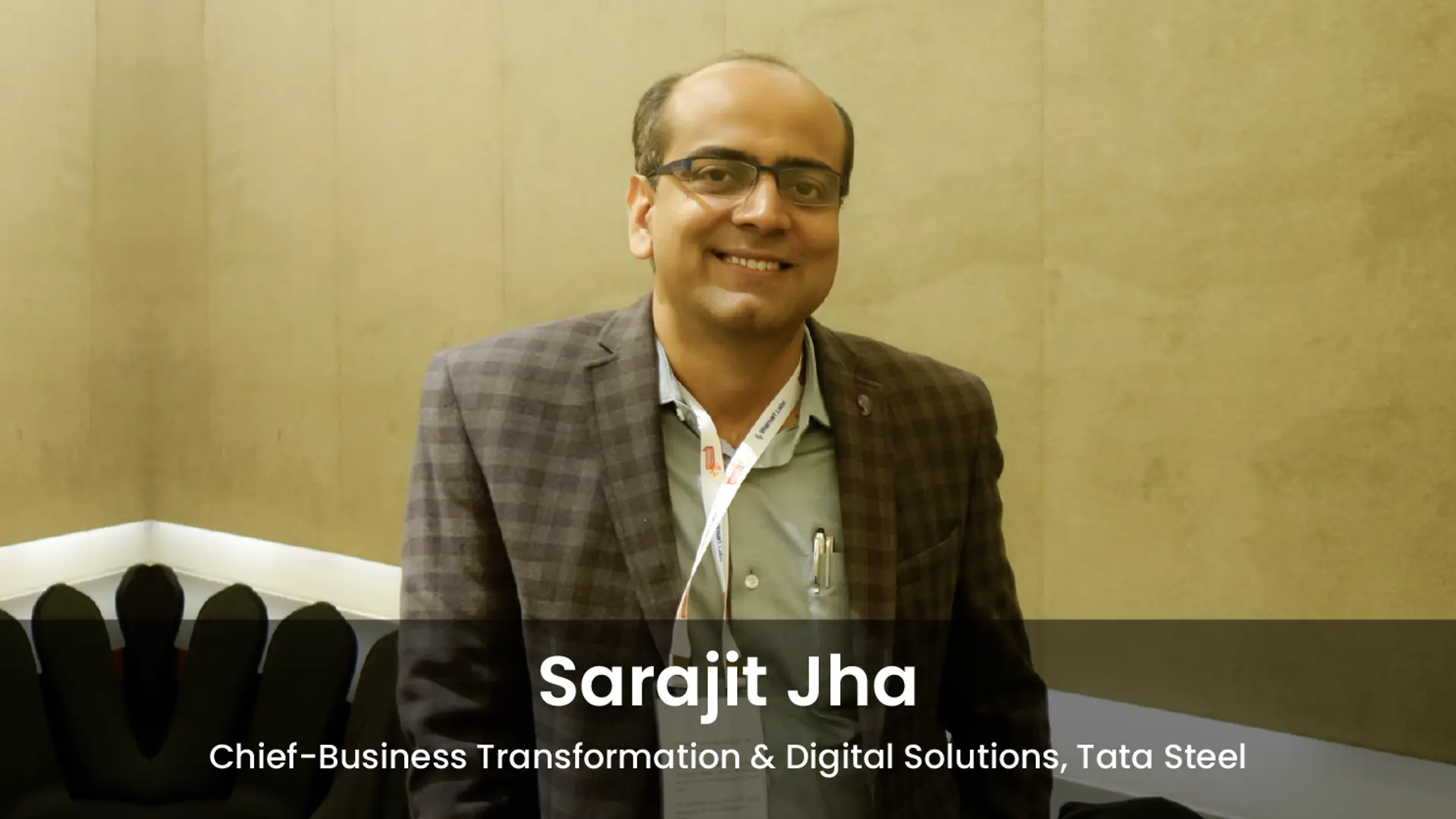Tata Steel is working with more than 30 startups to adopt digital workflows
"Tata Steel looks at digital as solution-oriented, design-outcome-oriented & business led," said Sarajit Jha of Tata Steel
Tata Steel is working with more than 30 startups to adopt digital workflows, said Sarajit Jha, Chief of Business Transformation and Digital Solutions at Tata Steel, at a product conclave last year.
“It is important that we work with a startup that has the ambition and the appetite, as well as the depth of capabilities to service us, “ Jha said, adding that staying power and the hunger to stay on are crucial.
Tata Steel clocked a turnover of Rs 156,294 crore in fiscal year 2021, up 5 percent over the previous year.
Being digital at Tata Steel is about being led by business and oriented towards solutions, and design outcomes, said Jha at the Nasscom Product Conclave 2021.
“Startups also look at digital in the same manner,” he noted, while referring to the need for collaboration between traditional enterprises and startups to adapt, implement and scale new technologies.
“The real tension lies between Tata Steel's clock speed and scale, and startups' clock speed and appetite for scale," said Sarajit Jha, Chief of Business Transformation and Digital Solutions at Tata Steel.
A startup's ambition to build an enterprise-scale platform or product is so critical for large companies to work with.
Tata Steel is working with drone technology startup Aarav Unmanned Systems and enterprise SaaS startup Maximl, Jha said.
The steelmaker has a criteria when deciding whether to work with a startup or not. First, the startup must have IP (intellectual property), or seek to build IP, Jha asserted.
Second, the engagement with large customers must be sponsored by the CEO of a startup. "Anybody else just doesn't fly because they are not able to navigate. They don't have the hunger and passion to navigate Tata Steel,” he added.
And third, the end results of success must be clearly defined,” Jha said. “If we are not getting there within the timeframe, then we call it quits.”
The larger focus for a large enterprise, while working with these new-age companies providing technological solutions, is to grow and develop the whole business.
“The first thing a startup should try to do is not be one,” he said, referring to the need for startups to scale their solutions in a reliable and standard manner.
The revolution of digital transformation is carrying all industries — traditional or not — with it and changing how business works. Brick-and-mortar industries like manufacturing are adapting to these new challenges, Jha said.
“Digital transformation is dead. It's now about business transformation,” he said. Agility at Tata Steel is a mindset, he added. It is not about where you are coming from, and the agility mindset has been ingrained in the enterprise since Jamsetji Tata conceived the idea of Tata Steel in the 19th century.
Edited by Kunal Talgeri


